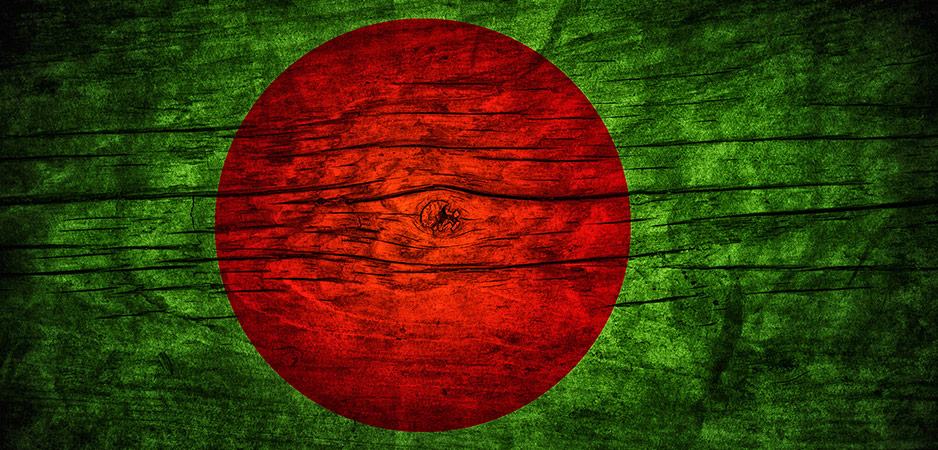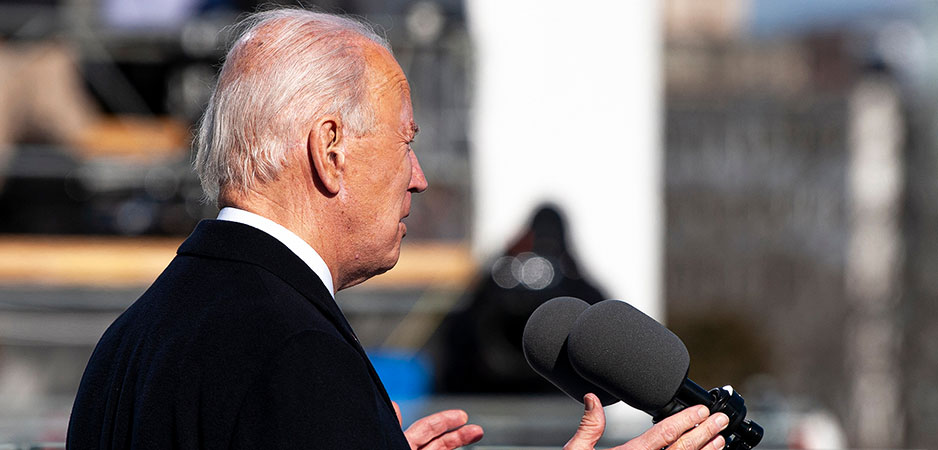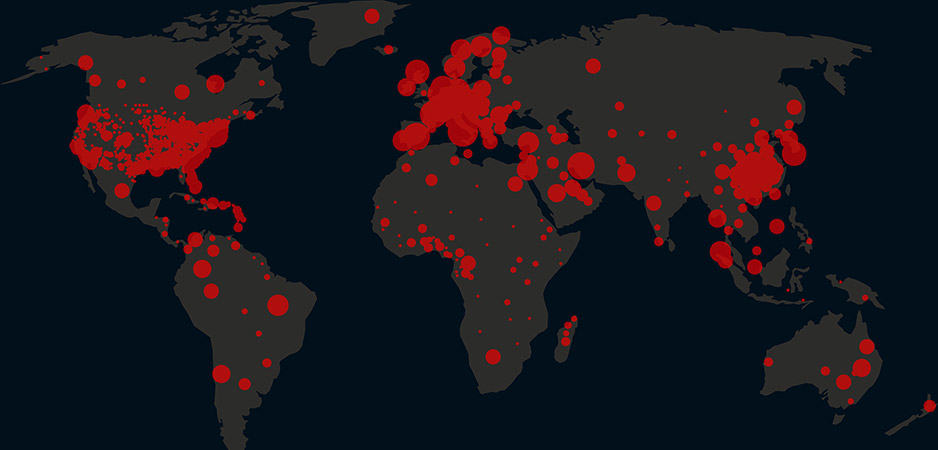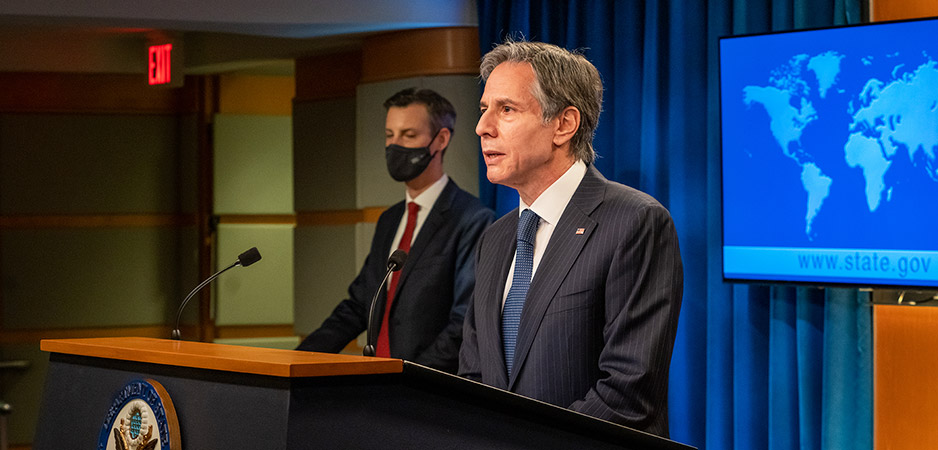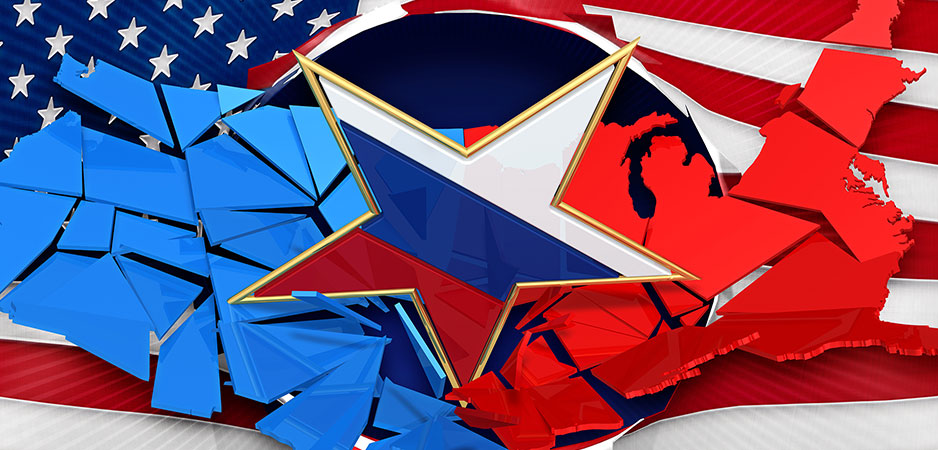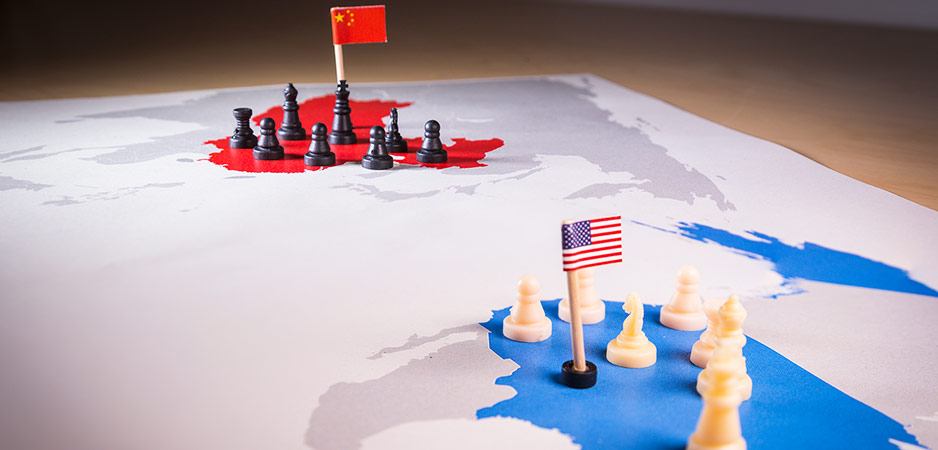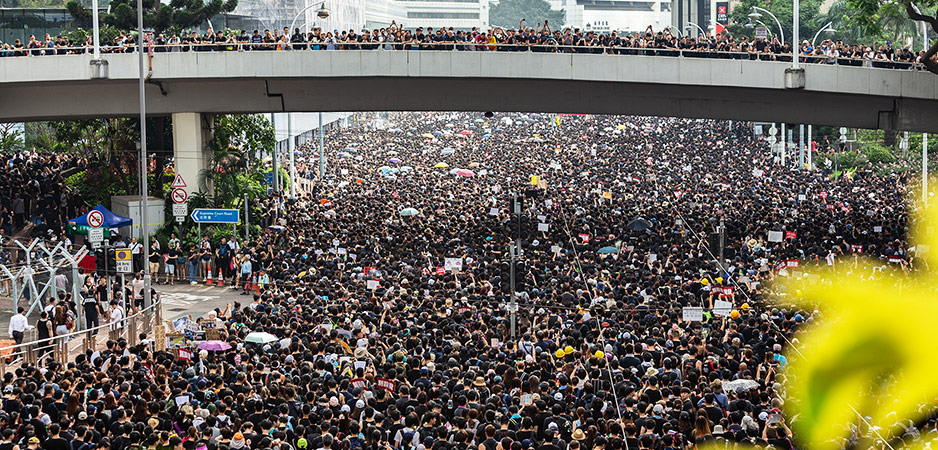In November 2020, the Friedrich Ebert Foundation published an article by Paul Nemitz and Matthias Pfeffer on the threat to digital sovereignty in Europe. They called attention to the need in Europe for “decentralised digital technologies” to combat a trend they see as essential for preserving “a flourishing medium-sized business sector, growing tax revenues, rising prosperity, a functioning democracy and rule of law.”
The rapidly-evolving geopolitical equation in the Middle East just got another layer of complexity added to it. Earlier this month, Fatou Bensouda, the chief prosecutor of the International Criminal Court (ICC), announced the launch of an investigation into alleged war crimes committed in the occupied Palestinian Territories since 2014. The prosecutor’s decision, important no less from an international accountability perspective, may end up putting the ICC in the crosshairs of regional politics.
On March 26, Bangladesh will be celebrating the golden jubilee of its freedom. Few outside South Asia remember that Bangladesh was once part of Pakistan. From 1947 to 1971, modern-day Pakistan was West Pakistan and Bangladesh was East Pakistan. They were both incongruously part of the same new country even though they were more than 2,200 kilometers apart.
In an AP article last December, Maria Cheng and Aniruddha Ghosal noted that, despite official optimism concerning the capacity of emerging vaccines to provoke the definitive decline of the COVID-19 pandemic, “the chances that coronavirus shots will be shared fairly between rich nations and the rest are fading fast.” Their fears have been confirmed.
For decades, The New York Times has tried to manage the image it once created for itself as a “progressive” newspaper. On various occasions, its ineptness at this game has been so patent that its reputation as the “paper of record” appeared irreparably tarnished. Its support of George W. Bush’s campaign to invade Iraq in 2003 is just one prominent example. Nevertheless, since no other US newspaper can compete with its brand, The Times not only holds pole position in reporting the news but is also assured of winning the race on most headline political stories in the US news cycle.
Here’s one of the things I now do every morning. I go to the online Johns Hopkins Coronavirus Resource Center and check out the figures there — global coronavirus cases and deaths, US coronavirus cases and deaths. And I do so the way that, not so long ago, I would have opened the sports pages and checked out the latest scores of whatever New York team I was rooting for.
We recently observed in this column that US President Joe Biden’s embrace of an anti-Russia, Cold War mentality may have been guided by the desire to comfort media outlets such as MSNBC and The New York Times, which over the past five years have staked their reputations on that same commitment. For the Democrats, Russia serves as the incarnation of political evil. Calling Russian President Vladimir Putin a killer devoid of a soul fit the script of hyperreal melodrama to which Democrats seem addicted. Without a named person to play the role of incarnate evil, Democrats feel the American public may stop believing in the nation’s predestined goodness.
Two months after the departure of Donald Trump, the world is seeking to understand the contours of the new administration’s still hesitating foreign policy. US President Joe Biden made a bold step forward this week when he vowed to pursue the fantasy of Russiagate, the Democratic equivalent of QAnon. He may fear that without the Russian bugbear, MSNBC, the news channel that contributed so effectively to his election, will see its audience plummet even further than in the weeks since the inauguration. Russiagate alone kept MSNBC’s audience hooked through four years of Donald Trump.
Not a single congressional Republican voted for the recent $1.9 trillion stimulus package. Not even the so-called moderate Republicans, the handful who backed the second impeachment of former US President Donald Trump, deigned to support an economic package that helps Americans hardest hit by the COVID-19 pandemic. The entire Republican caucus didn’t just snub the Democrats. They ignored the Republican mayors, as well as 41% of Republican voters, who approved of the legislation.
In the wake of dramatic protests that Western media have covered extensively over the past two years, Keith Zhai and Chun Han Wong, writing for The Wall Street Journal, report that changes are about to take place in Hong Kong. Whether the planned changes will appease last year’s protesters remains to be seen. The practices they denounced concerned the system of government, the structure of authority. They worried that civil liberties were being threatened by Beijing’s interference in the governance of the former British colony.



